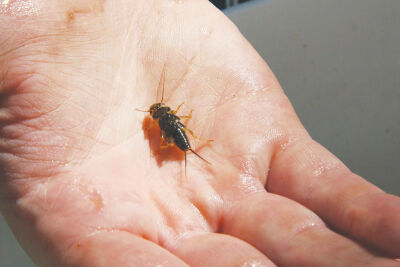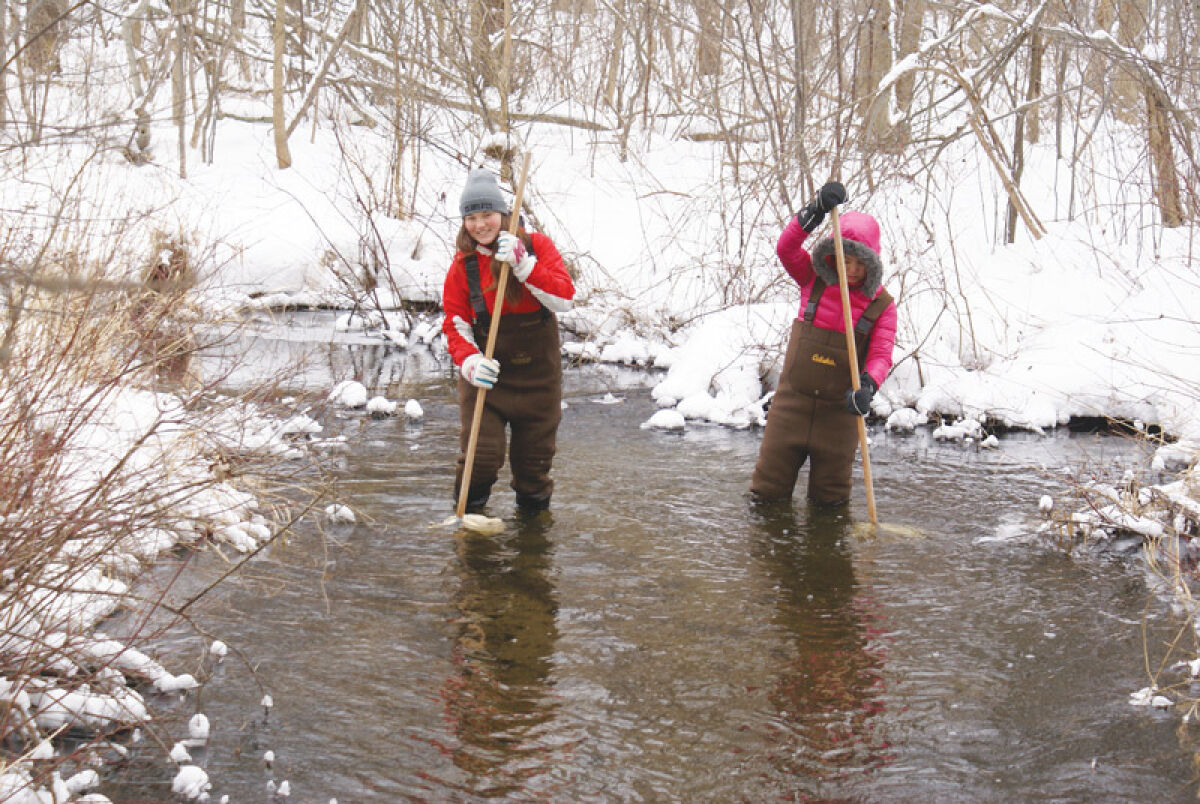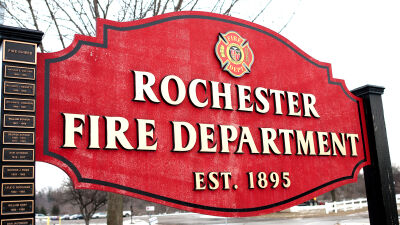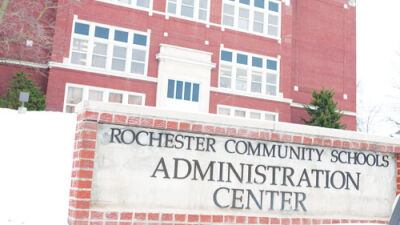
The winter stonefly nymph is one of the most sensitive of all aquatic macroinvertebrates that lives in local rivers and streams.
Photo provided by the Clinton River Watershed Council
ROCHESTER — The Clinton River Watershed Council is looking for volunteers who aren’t afraid to make a splash in local waterways to help search for stonefly larvae next month.
The winter stonefly nymph — one of the most sensitive of all aquatic macroinvertebrates that lives in local rivers and streams — is most active in January and February.
CRWC ecologist Mikela Dean said the presence of stonefly larvae in a stream indicates good water quality. The stonefly nymph is most active in the winter, when the water temperature is very cold and there is still plenty of leafy debris on the river bottom for stoneflies to forage.
“Stoneflies are really good indicators of water quality, and this is because they are very sensitive to environmental conditions, so they are not tolerant of pollution and have specific habitat requirements, which leads them to be a good indicator of how a water body is doing, in terms of health,” Dean explained.
The stonefly search provides the watershed council with long-term data on the health of the Clinton River watershed.
“Stoneflies have a low tolerance for pollutants, so by finding a number of winter stoneflies, we can gauge a river’s health or a tributary’s health,” said CRWC Development and Communications Manager Cole Pachucki. “By finding lots of winter stoneflies, that means that the water is generally a little bit healthier. If none are found, it means that there could be something that we’ve got to follow up on, and that can inform what grants we apply for and what restoration work is needed to help locate sources of pollution.”
For example, at the Wolcott Mill testing site, stonefly numbers decreased from 2018 to 2021, but Dean said they’ve been rebounding since then, trending upward in 2022 and 2023.
To help evaluate the overall health of the Clinton River — which covers 760 square miles through Macomb, Oakland, Lapeer, St. Clair and Wayne counties — the watershed council will host its annual winter stonefly search Saturday, Feb. 17.
The council relies on between 50 and 100 volunteers, who form teams and canvass around 12-20 locations along the Clinton River and its tributaries, including Paint Creek and Stoney Creek.
“Volunteers don’t need to come with any experience,” said Pachucki.
This year, volunteers will all meet at the Clinton River Watershed Council office — 1115 W. Avon Road in Rochester Hills — at 9 a.m. Feb. 17 and, based on previous experience, volunteers will receive a short training or team leader refresher to prepare for the search.
Led by team leaders, volunteers of all ages will then split into teams of five to survey sites throughout the watershed to look for the cold-weather creature. The search will be held regardless of the weather, so all volunteers are asked to dress warmly. All equipment and supplies will be provided, although volunteers are welcome to bring their own waders.
“It’s a fun way to engage volunteers in the cold winter months, because there is not often a lot going on,” said Dean. “It’s a great way to get outside, get familiar with the watershed and the waterways around you, and it’s exciting to learn more about the insects living in the water that you don’t often appreciate.”
The search allows volunteers to learn about the ecology and conditions of local streams while helping add to the council’s Adopt-A-Stream data. The CRWC’s Adopt-A-Stream program is a volunteer-based effort that empowers community members to protect local streams and rivers by monitoring the waterways’ health. The watershed council also hosts a number of Adopt-A-Stream trainings in May and in the fall, where volunteers learn how to search for a variety of macroinvertebrates across the watershed.
“This is a really great opportunity for individuals and families to spend some time outside connected to their green spaces and waterways at a time where most other people aren’t and there’s not a lot of programming. This is just one really cool way people can remain active outside, and they can find a volunteer opportunity that’s really unique,” said Pachucki.
Those interested in volunteering are asked to preregister by calling the watershed council at (248) 601-0606 or visiting www.crwc.org/events.
 Publication select ▼
Publication select ▼



























